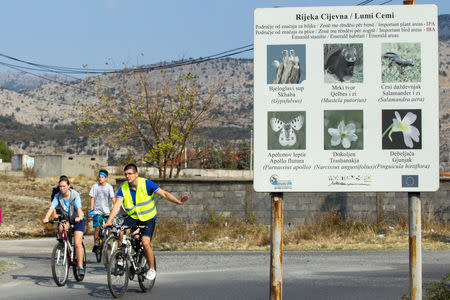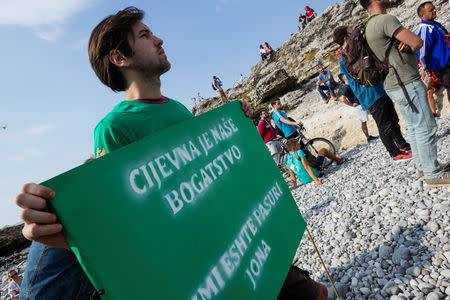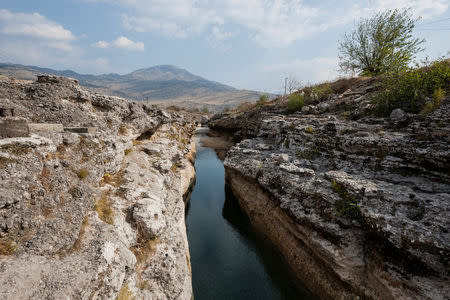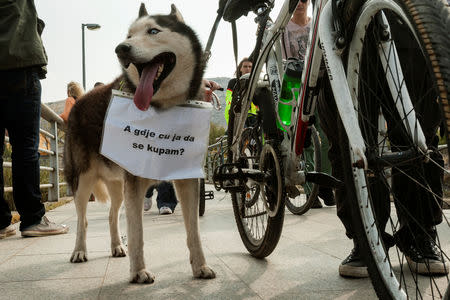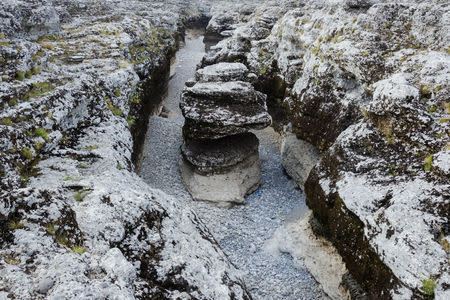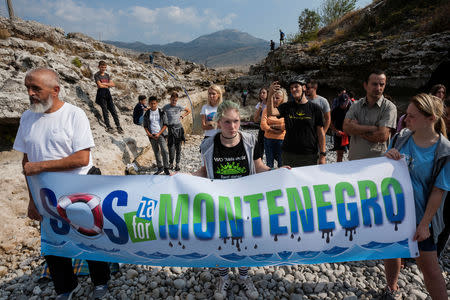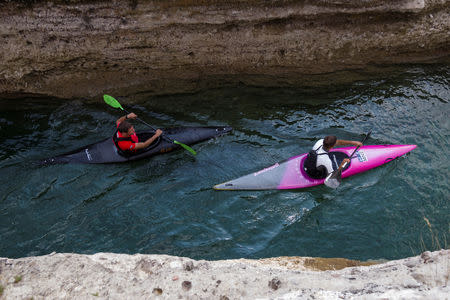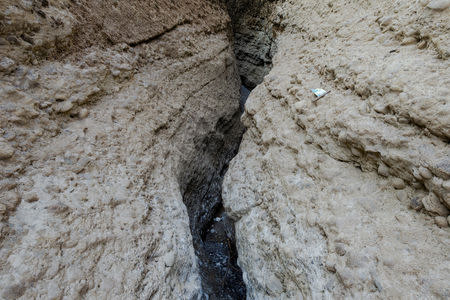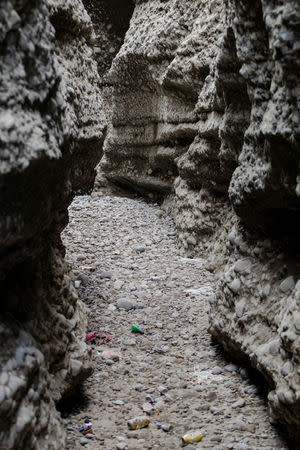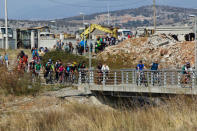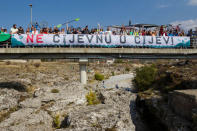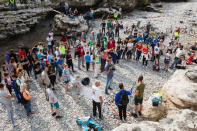Montenegrins protest against Albanian dam on shared river
By Stevo Vasiljevic
TUZI, Montenegro (Reuters) - Dozens of environmental activists cycled from Montenegro's capital to the Albanian border on Saturday to protest over the neighboring nation's construction of a dam on the Cijevna river that flows through both countries.
As governments hurry to meet renewable energy goals set by the Paris climate change agreement, plans to build almost 3,000 small hydro-power plants have sparked protests across the Balkans this year.
At Saturday's demonstration, some of the protesters carried placards reading "The Cijevna is our Fortune". "Don't (put) the Cijevna in pipes," red a banner spread along a bridge over a dry river bed, where protesters gathered.
Critics say the dams are endangering Europe's last free-flowing rivers, including the Cijevna, or Cem as it is called in Albanian.
"When you clog veins in a human body, a human dies; so do rivers," said Adem Kajosaj, 60, a pensioner and fisherman from the area around the border town of Tuzi, who joined the protest.
A dam on the 60 kilometer-long (40-mile) river is already being built, and protesters say Albania did not request consent from authorities in Montenegro or notify them about the project.
They have also criticized Montenegrin authorities for failing to lodge a protest with Albania. The two countries signed a deal on joint water management earlier this year.
Authorities and investors say boosting hydro power will reduce regional dependency on coal and comply with European Union energy policies. All the countries of the Western Balkans -- Serbia, Montenegro, Bosnia, Kosovo, Macedonia and Albania -- want to join the bloc.
Most of the small hydro plants in the region produce no more than 1 megawatt (MW) each -- roughly enough to power 750 homes, but environmentalists say they disrupt fish migration routes and pose a threat to dozens of species, including the Danube Salmon and Balkan Lynx.
In southern Bosnia on Saturday, villagers protested over the construction of two dams on the river Doljanka by a company owned by NBA former player Mirza Teletovic.
"Ninety-five percent of villagers in the area where Doljanka flows have signed a petition against the mini hydro plants, which would destroy local community's plans to develop fly-fishing and sport fishing," the Coalition for the protection of rivers in Bosnia, the NGO, said in a statement.
(Additional reporting by Daria Sito-Sucic in Sarajevo; Writing by Aleksandar Vasovic; Editing by Helen Popper)

 Yahoo Finance
Yahoo Finance 
